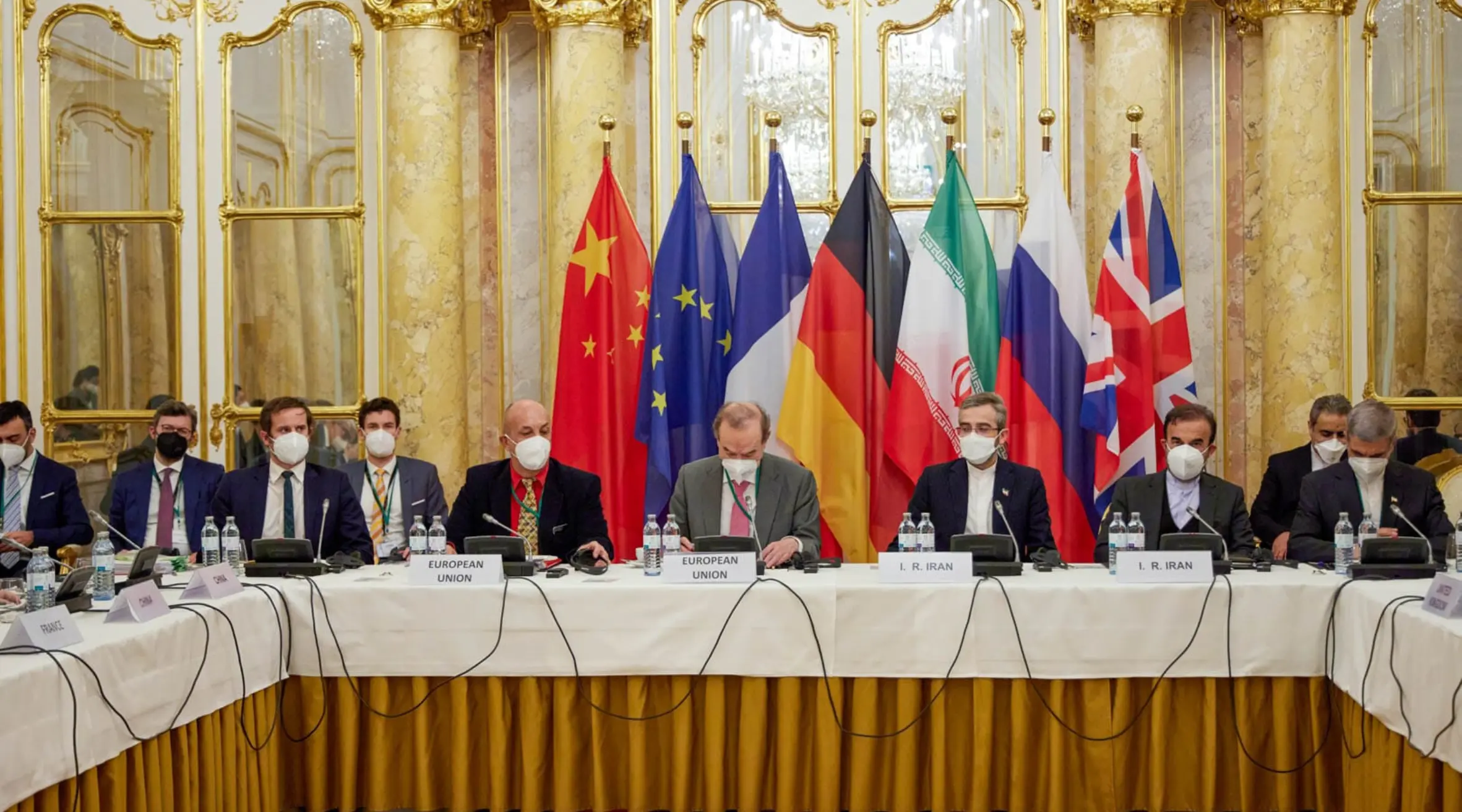Iran (Washington Insider Magazine) – Ayatollah Khamenei is likely to withhold decisions on Iran’s nuclear policy until the outcome of the US presidential election, according to Raz Zimmt, an Iran specialist at INSS and the Meir Amit Intelligence and Terrorism Information Center. Zimmt stressed that claims of the regime fully controlling election outcomes are inaccurate.
Unexpected Election Results
According to Jpost, the recent election of Iran’s president, Masoud Pezeshkian, a reformist, has left experts speculating about what this means for Tehran, Israel, and world affairs. Zimmt stressed that although the dictatorship uses the Guardian Council to influence candidate selection, it has little power over election outcomes unless it uses vote manipulation, as it is thought to have done in the 2009 election to support Mahmoud Ahmadinejad.
Pezeshkian’s Surprising Success
Zimmt noted that Pezeshkian, despite his reformist label, is perceived as loyal to the regime. The election’s critical factor was voter turnout, which significantly influenced Pezeshkian’s leap from over 10 million to more than 16 million votes in the second round. Many voters from other candidates, who were relatively pragmatic hardliners, ultimately supported Pezeshkian.
Khamenei’s Strategy and Surprises
Questions arise as to why Khamenei allowed a reformist to win if he controls candidate approval. Zimmt dismissed conspiracy theories, suggesting that Khamenei did not anticipate Pezeshkian posing a significant threat and that his victory was unexpected. Some speculate Khamenei allowed Pezeshkian’s win to present a friendlier face to the West, particularly if Trump wins the US election.
Future of Iran’s Nuclear Policy
Zimmt remains skeptical about significant policy shifts under Pezeshkian, stating that Khamenei is unlikely to make major concessions on the nuclear deal. He argued that Khamenei has no incentive to agree to a deal that Trump could potentially alter. Instead, Khamenei might wait until after the US elections to decide on Iran’s nuclear program’s direction.
Pezeshkian’s Limited Influence
While Pezeshkian may push for reforms and greater openness in civil society, Zimmt believes his influence will be constrained. Pezeshkian could make symbolic changes, such as appointing a female vice president, but substantial policy changes, especially regarding the hijab law, are unlikely without Khamenei’s backing.
Potential Supreme Leader Successors
Zimmt discussed potential successors to Khamenei, highlighting Khamenei’s son, Mojtaba Hosseini Khamenei, and other influential clerics. Mojtaba, known for his ambition and close ties with the Islamic Revolutionary Guard Corps, faces significant hurdles due to opposition to family dynasties in Iran’s political framework.
Economic Reforms and Limited Nuclear Deal
Dr. Meir Javedanfar from Reichman University suggested that Pezeshkian’s victory increases the likelihood of a limited nuclear deal between Iran and the US. The Iranian regime, wary of Trump, might seek a deal with Biden to alleviate economic sanctions. Javedanfar noted that while Khamenei would maintain ties with Russia and China, he might support limited agreements to address Iran’s economic vulnerabilities.


























